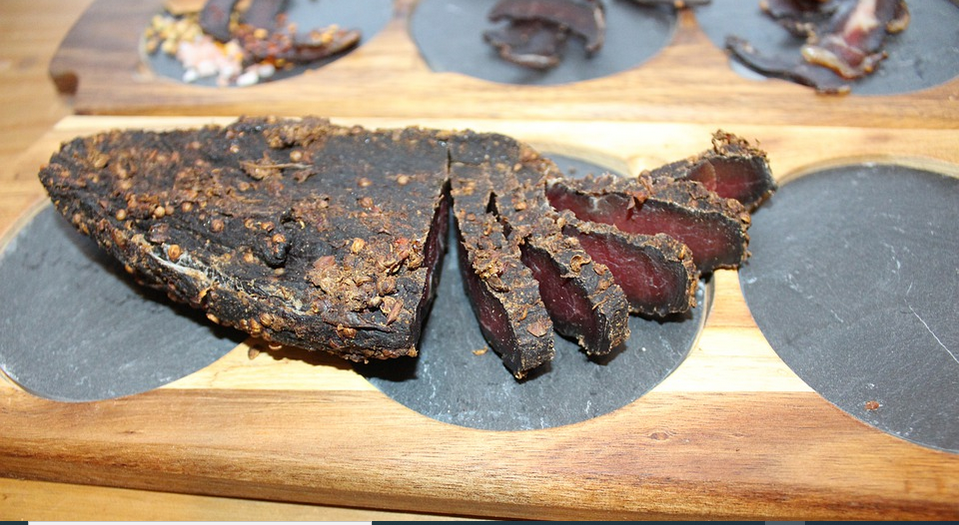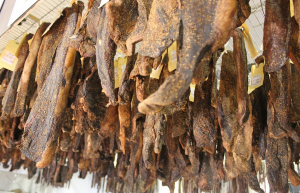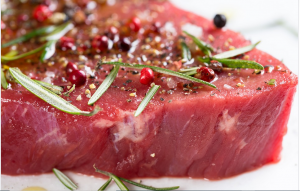
It is not too early to start discovering new and delicious snacks for the coming Christmas festive season. Biltong should be among the top selections, given its nutritional value. The delicacy is a traditional snack from South Africa, and it is made from dried meat. You can use different meats to make biltong, but beef is the most commonly used.
Buy biltong from food outlets specializing in meeting their customers’ tastes using ancient food preparation methods, and you will like the meaty snack. However, there are different ways of preparing the delicacy, and they bring out various tastes.
Here are a few things you should know about biltong before ordering it online or from your favorite food outlet:
The Origin of Biltong and How It’s Made
 The name biltong may not sound familiar at first. However, the name is made of two Dutch nouns, “bil” which means ”rump,” and “tong,” which means “strips.” The literal meaning is meat strips or tongues. Biltong is simply meat that has been cut into strips and then dried for preservation. It is then spiced before drying by adding salt, vinegar, and spices to taste. The meat is dried and cured, and the technique ensures that the product is well preserved and safe for consumption while still maintaining its nutritional value.
The name biltong may not sound familiar at first. However, the name is made of two Dutch nouns, “bil” which means ”rump,” and “tong,” which means “strips.” The literal meaning is meat strips or tongues. Biltong is simply meat that has been cut into strips and then dried for preservation. It is then spiced before drying by adding salt, vinegar, and spices to taste. The meat is dried and cured, and the technique ensures that the product is well preserved and safe for consumption while still maintaining its nutritional value.
The Types of Meat That Make Biltong
 Biltong can be made from different types of meat, so no one is locked out from enjoying the snack. However, it is common to find beef as the most served snack in the outlets because it is readily available and cheap. If you are not a beef lover, there are other meats like sirloin of springbok or kudu, different types of fish meat, and ostrich meat. You can also add taste to your meat option by adding other spices like coriander, nutmeg, black pepper, and cloves.
Biltong can be made from different types of meat, so no one is locked out from enjoying the snack. However, it is common to find beef as the most served snack in the outlets because it is readily available and cheap. If you are not a beef lover, there are other meats like sirloin of springbok or kudu, different types of fish meat, and ostrich meat. You can also add taste to your meat option by adding other spices like coriander, nutmeg, black pepper, and cloves.
Nutritional Value of Biltong
The meaty treat is a snack and a wholesome food you can trust to give you a whole pack of nutrition requirements. It is made with natural ingredients that are also beneficial to the body. Unlike the highly processed food linked to health problems, biltong avoids this by ensuring the preservation method is purely a natural process that can save the meat for future use. You get iron, zinc, selenium, B12, and B6 vitamins from consuming beef biltong. Unlike cooked or dehydrated beef, air-dried locks beef does not lose its nutritional value, for example, proteins, minerals, etc.…



